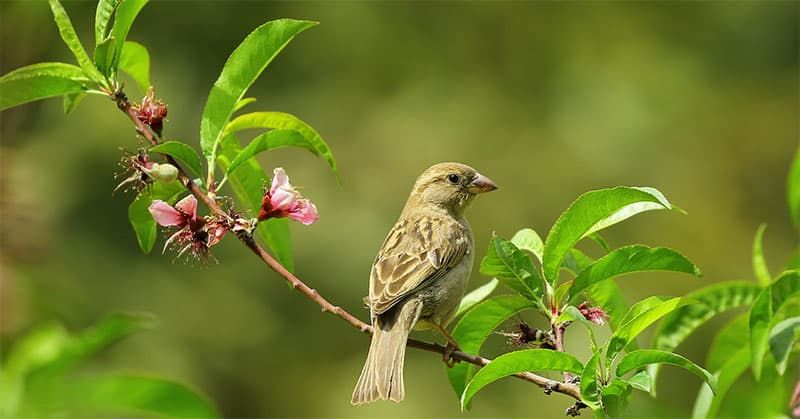A TCM client in the North-west of England contacted us with concerns about Japanese knotweed and how it was affecting the ecology of her garden.
'Japanese knotweed harms other species of plant and wildlife by damaging the ecosystem'.
This was the answer we gave Janet Hoyle, a homeowner in Bootle, Liverpool, who was concerned that the knotweed in her garden would affect her plants, birds and other wildlife – to say nothing of devaluing her property!
If you’re a keen nature-lover like Janet, read on the learn how Japanese knotweed harms other species.

Why is Japanese knotweed an invasive plant?
Although Japanese knotweed has been in the UK for almost 200 years, our ecosystem has never been able to keep this invasive plant at bay. That’s because, in its native homeland of Southeast Asia, Japanese knotweed was controlled by native insects and volcanic ash.
The UK's gentler ecosystem is simply unable to control Japanese knotweed without human intervention. So, what does this mean for our native species?
CABI Prove Japanese knotweed hinders other plant growth?
It has been proven that Japanese knotweed harms other species by the fact that the affected areas suffer reduced species diversity. This research conducted by the Centre for Agriculture and Bioscience International (CABI) means Japanese knotweed makes it much harder for other life to thrive within the same environment.
So yes, Japanese knotweed does harm other species and should be removed as soon as possible by a professional knotweed removal company.
Japanese knotweed and water
Japanese knotweed is prone to grow by watercourses, which is unfortunate because it can cause a lot of damage - both to aquatic life and by exacerbating floods. Here's how:
- Aquatic wildlife are unable to digest Japanese knotweed.
- Thick summer foliage creates shadows that prevent sunlight reaching aquatic communities.
- Dense areas of knotweed canes reduce a river's ability to carry floodwater, or change the flows natural directions, which can lead to flooding - not good for humans or wildlife!
- In winter, Japanese knotweed exposes embankments, encouraging erosion and consequently filling the water with materials that stop fish spawning.
Conclusion
Janet Hoyle from Liverpool was shocked to hear how Japanese knotweed could affect the other plants and wildlife in her garden and immediately booked an appointment to arrange for the urgent removal of this harmful plant.
If you want your Japanese knotweed removed professionally and efficiently, we now have a dedicated local office in Merseyside covering the North-East of England, so feel free to contact the TCM team today to request a site survey, schedule an appointment or find out more about the services we offer relating to invasive weeds, and Japanese knotweed.